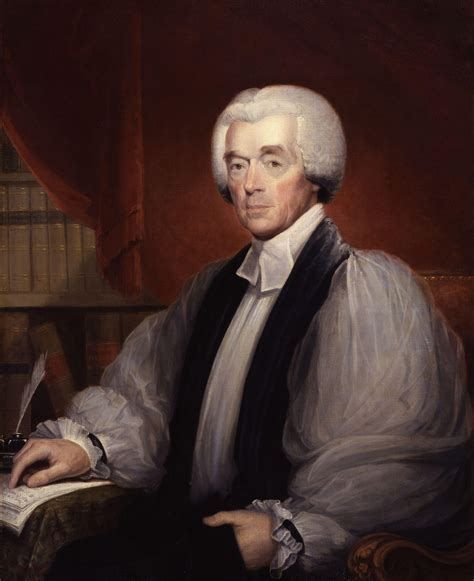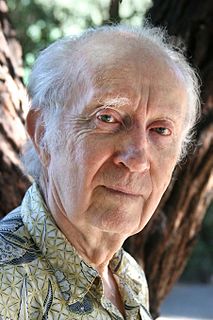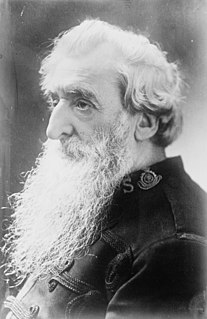A Quote by James Madison
The smaller the number and the more permanent and conspicuous the station of men in power, the stronger must be the interest which they will individually feel in whatever concerns the government.
Related Quotes
It is self-evident that no number of men, by conspiring, and calling themselves a government, can acquire any rights whatever over other men, or other men's property, which they had not before, as individuals. And whenever any number of men, calling themselves a government, do anything to another man, or to his property, which they had no right to do as individuals, they thereby declare themselves trespassers, robbers, or murderers, according to the nature of their acts.
To any intelligent being, there is no emotion more important than hope. Individually or collectively, we must hope that the future will be better than the past, that our offspring, and theirs after them, will be a bit closer to an ideal society, whatever our perception of that might be... It is at those times when we feel we are contributing to that ultimate end... we feel true elation.
The chief element in the art of statesmanship under modern conditions is the ability to elucidate the confused and clamorous interests which converge upon the seat of government. It is an ability to penetrate from the na?ve self-interest of each group to its permanent and real interest. Statesmanship consists in giving the people not what they want but what they will learn to want.
I heartily accept the motto, "That government is best which governs least"; and I should like to see it acted up to more rapidly and systematically. Carried out, it finally amounts to this, which also I believe — "That government is best which governs not at all"; and when men are prepared for it, that will be the kind of government which they will have. Government is at best but an expedient; but most governments are usually, and all governments are sometimes, inexpedient.
The Government should create, issue, and circulate all the currency and credits needed to satisfy the spending power of the Government and the buying power of consumers. By the adoption of these principles, the taxpayers will be saved immense sums of interest. Money will cease to be master and become the servant of humanity.
We feel that we have to be right so that we can feel good. We don’t want to be wrong because then we’ll feel bad. But we could be more compassionate toward all these parts of ourselves. The whole right and wrong business closes us down and makes our world smaller. Wanting situations and relationships to be solid, permanent, and graspable obscures the pith of the matter, which is that things are fundamentally groundless.
Thus, experience has ever shown, that education, as well as religion, aristocracy, as well as democracy and monarchy, are, singly, totally inadequate to the business of restraining the passions of men, of preserving a steady government, and protecting the lives, liberties, and properties of the people . . . . Religion, superstition, oaths, education, laws, all give way before passions, interest, and power, which can be resisted only by passions, interest, and power.
Our minds tell us, and history confirms, that the great threat to freedom is the concentration of power. Government is necessary to preserve our freedom, it is an instrument through which we can exercise our freedom; yet by concentrating power in political hands, it is also a threat to freedom. Even though the men who wield this power initially be of good will and even though they be not corrupted by the power they exercise, the power will both attract and form men of a different stamp.
You can have very big local government. By big, I mean very engaged government. Do you measure it in terms of the number of laws? Number of employees? You could make arguments for either one. I tend to think the axis of the size of government is the wrong concern. But I do think that situating power more locally is a legitimate approach.
There are men so incorrigibly lazy that no inducement that you can offer will tempt them to work; so eaten up by vice that virtue is abhorrent to them, and so inveterately dishonest that theft is to them a master passion. When a human being has reached that stage, there is only one course that can be rationally pursued. Sorrowfully, but remorselessly, it must be recognized that he has become lunatic, morally demented, incapable of self-government, and that upon him, therefore, must be passed the sentence of permanent seclusion from a world in which he is not fit to be at large.
































